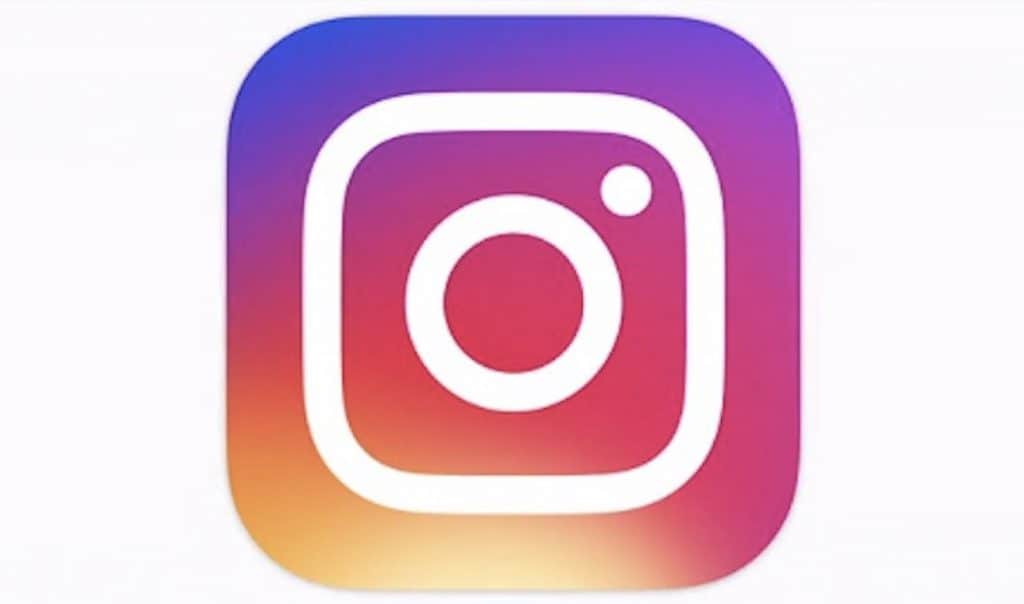How Millennials Are Really Good for Our Species

There I was touring a shiny new fintech startup in San Francisco, excited by being at the epicenter of all that is tech. Just blocks from my office and only blocks from the likes of Twitter, Airbnb, Fitbit, Lyft, Salesforce and Google. And they were asking me questions about their fertility. A gaggle of curious millennials.
Am I Fertile?
I talked at length with one man, a 26-year old who was married (really!) and thinking of having kids. He wanted to know if he was fertile, having no reason to believe otherwise. We met again several weeks later for a “fertility check” in my office. I learned that he was the model of health and fitness, but his semen analysis showed reasonable but not great sperm count. On exam he had a large left varicocele. He had no idea that he owned this “bag of wormy veins” in the scrotum as they generally cause no symptoms.
I treated this case like the typical doctor’s son with the varicocele. The doctor parents find the varicocele and bring the pimply, indifferent adolescent to see me, asking what they should do. No pain, no infertility, no problems at all. The discussion is long and largely theoretical, given that we simply don’t have great data on the natural history of the asymptomatic adolescent varicocele and how it will act later. Will it cause pain or infertility in the future? Who knows, but probably not. But it might. After providing the best evidence I can, I always let the family decide the fate of the son’s varicocele.
The Need to Know
And I did likewise with my attentive, young fintech millennial. He asked if we could know more about whether the varicocele is having an effect now or will in the future. And so we ordered hormones; they showed that his FSH was high, indicating something is affecting the testicle’s ability to make sperm. Given his “clean sheet” for risk, I suggested that this might be the early effect of the varicocele on sperm production and that might mean a higher likelihood of a larger effect later on.
“We can simply watch semen quality over time and see if things worsen, and fix it if they do,” I said. He considered this. He also considered banking sperm now. And he is contemplating an upfront varicocele repair. I await his decision. In any case, I love the fact that he is taking charge of his fertility potential before it happens, rather than reacting to being infertile. A rare breed of guy indeed.
A Quiet Revolution
Millennials, the largest living generation in the US and the first of the “digital natives,” have been referred to as the “baby boomlet” or “echo boom” generation, as they appear to be reglorifying family values. This is certainly evidenced by the plummeting divorce and abortion rates they have shown us. They are also planners, more than Xers or even us young boomers. And this my friends, is great for the future of men’s health.
I hope that this trend in self-awareness and proactiveness that I am seeing in my millennial patients continues. This forward-looking philosophy about health and disease prevention is intoxicating and hopefully characterizes a generation that truly values, and invests in, their health. In this the start of a revolution in men’s health about which I have been dreaming?









